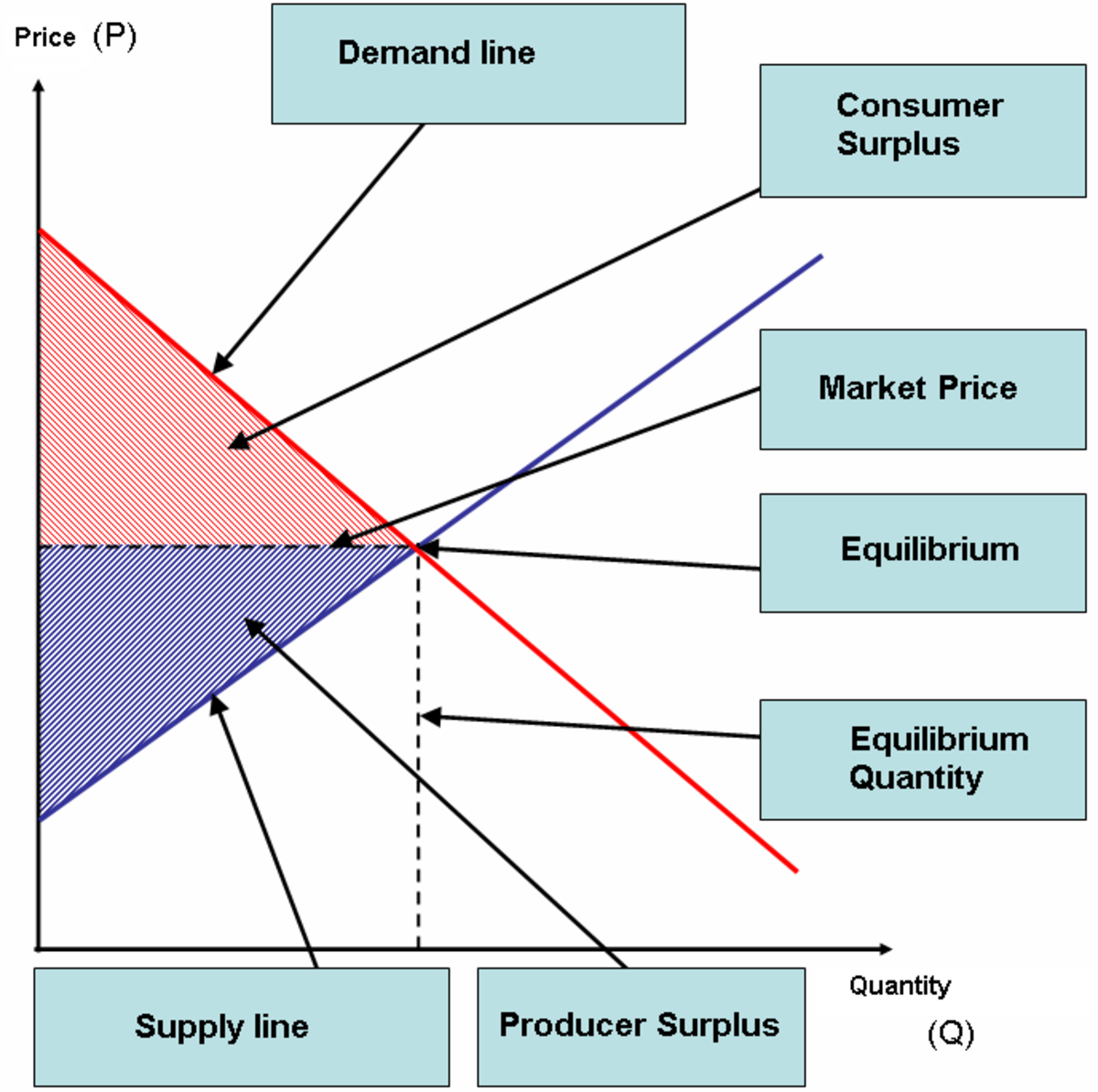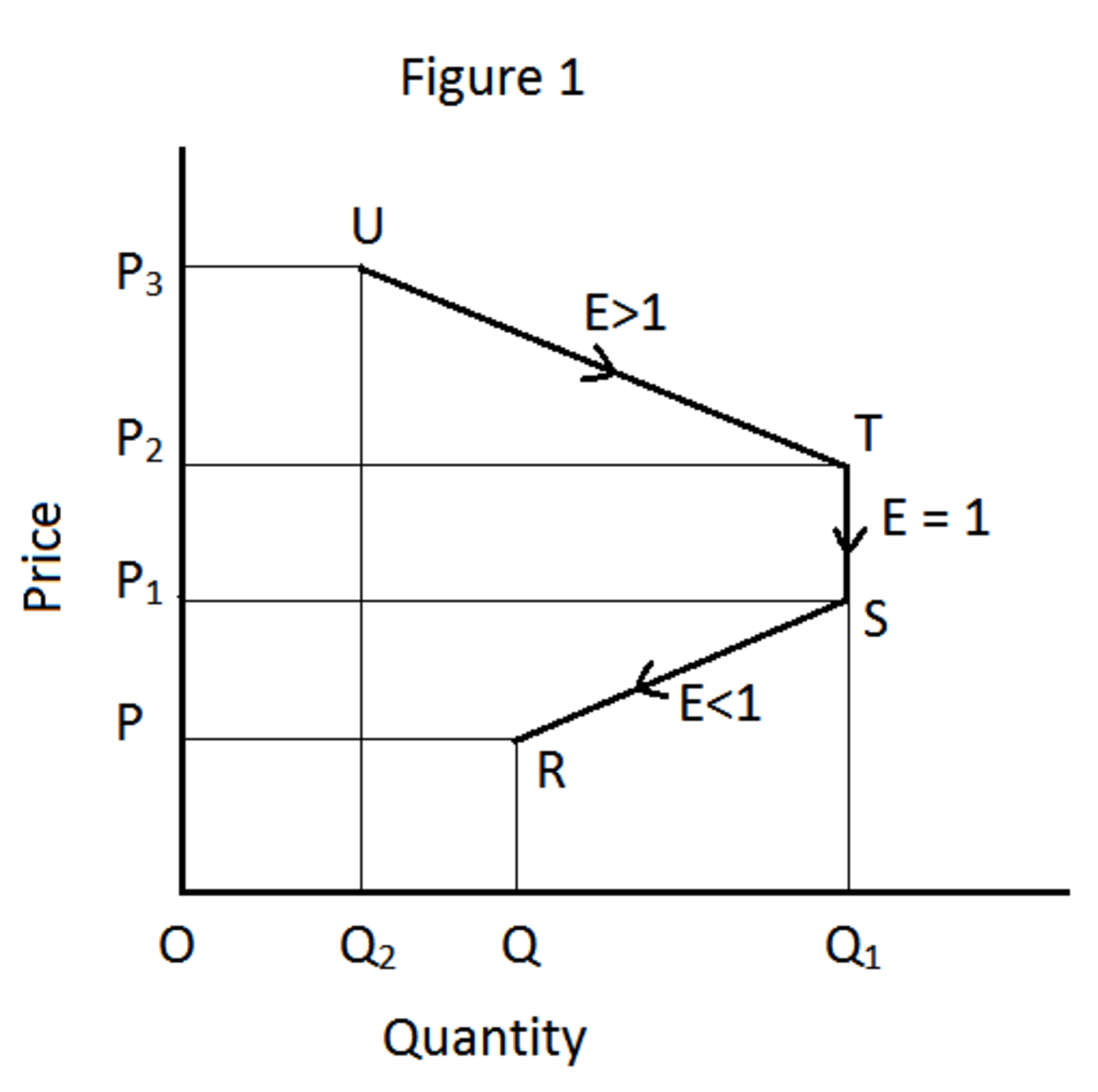A Brief Introduction in to Economic Thought

Introduction
Economics is one of the most important social science disciplines. In the early time, people considered Economics as a part of Politics until the publication of the famous and very important masterpiece in Economics by Adam Smith titled “An Inquiry into the Cause of Wealth of Nations” published in 1776. He derived or formulated economics as one of the core subjects like other disciplines like Chemistry, Physics and Biology etc. So Adam Smith known as the father of Economics.
After the publication of “The Wealth of Nation”, classical economists like Adam Smith, J.B Say, David Ricardo, Thomas Malthus, and John Stuart Mill etc were analyzed economic issues at micro level.. That is they only dealt with the individual's or small economic variables. So, this methodology of Economics known as Micro Economics or otherwise called “Price Theory”. Here the word “Micro” came from the Greek word “Mikros” which means small.
Any way this Micro Economics' ideology existed as the single branch of economics until the “Great Depression” of 1928-33, when the classical economic theories and thoughts were proved as wrong. During the “Great Depression” almost all economies and countries faced so many problems. The famous British economist John Maynard Keynes analyzed these issues and he published his very famous master piece in Economics “The General Theory of Employment, Interest, and Money in 1936. This work of Keynes entirely changed the classical economic thoughts, theories, ideology etc. Later this came to known as the “Keynesian Revolution”
After the publication of J.M. Keynes' masterpiece, a new concept came in economic discipline called “Macro Economics”. Macro economic analysis is based on the study of aggregates, totality of various economic variables. Since 1936,economics began to study under two branches I) Micro Economics II) Macro Economics. So basically both are different from the second. Following are the major differences.
Micro Economics
| Macro Economics
|
|---|---|
Derived from Greek word “micros”
| Derived from Greek word “macros”
|
Study of individual unit
| Study of aggregate unit
|
Focus on partial equilibrium
| Focus on general equilibrium
|
Developed by classical economists
| Developed by modern (Keynesian)economists
|
Example, consumer behavior, demand, costs, wages, supply, …..
| Example, national income general price level, total employment...
|
“Principles of Economics” (book)
| “The General Theory of Employment, Interest and Money (book)
|
Meaning and Definitions of Economics
Economics simply a social science discipline dealing with the production, consumption and exchange activities of an economy. When we try to give a definition to economics, it will be very difficult to give an exact definition, because it is one of the important parts of the world and the human beings. This plurality and complexity of world economic system makes more difficulties.
Anyway there are different definitions given by the legends in economics. Mainly there are three or four well known definitions like wealth definition, welfare definition, scarcity definition and growth definition (modern definition). These different forms of definitions are discussed below.
Wealth Definition
Wealth definition was given by the father of economics Adam Smith in his book “An Inquiry into the Cause of Wealth of Nations” published in 1776. Adam Smith defined “Economics is the science of wealth”. So Smith's era observed the study about wealth even though he was a renowned political philosopher.
Welfare Definition
Welfare definition was given by Alfred Marshall in his classical work “Principles of Economics” published in 1890.
Alfred Marshal not only focused on wealth but also the human welfare. In Marshal's words “Political Economy or Economics is a study of mankind in the ordinary business life; it examines that part of individual and social action which is most closely connected with the attainment and with the use of the material requisites of well being. Thus Marshal focused more on welfare than wealth.
Scarcity Definition
Scarcity definition was given Lionel Robbins in his book “The Nature and Significance of Economics” published in 1932.
According to Lionel Robbins “Economics is the science which studies human behavior as a relationship between ends and scarce means which have alternative uses”.
Growth Definition (modern idea)
The growth definition considered as the modern definition given by famous Nobel Laureate in Economics (1970) Professor Paul Antony Samuelson. According to him “Economics is the study of how people and society end up choosing with or without the use of money, to employ scarce productive resources that could have alternative uses to produce various commodities and distribute them for consumption, now or in the future, among various persons or group in society. Economics analysis the costs and the benefits of improving patterns of resources use”.
Conclusion
Economics arose as a particular science by 1770s by the publication of Adam Smith's work "An Inquiry in to the Causes and Wealth of Nations". Presently economics has wide scope in different fields. Now the welfare economic ideas are the trend in economics. So the definition the meaning of economics will be out of the border of letters.









